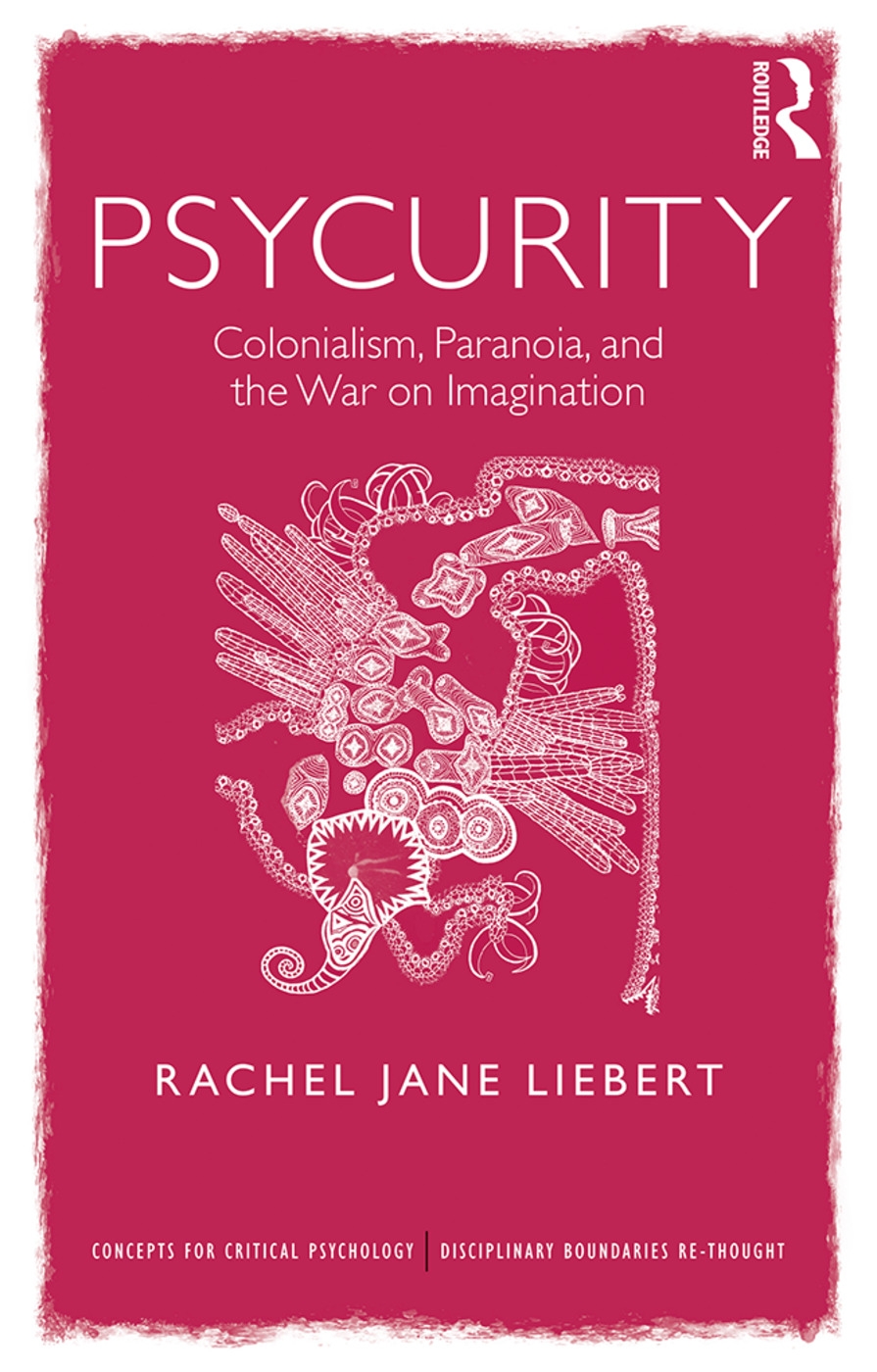Across the world, the rhetoric and violence of white supremacy is rising up. Yet, explanations for white supremacist attacks typically direct attention toward an unreasonable, paranoid state of mind, and away from the neocolonial security state that made them.
Offering a response to US expressions of white supremacy, Liebert reads paranoia as a dis-ease of coloniality by following its circulation within the ultimate place of reason, indeed a key arbitrator of it: Psychology. Through reflexivity, interviews, participant observation, scientific artefacts, and public art, this unique work seeks to argue for and experiment with unsettling the entwined coloniality of Psychology and the current political moment, joining with struggles for a world where it is not only white lives that matter. Tracing the spinning cogs and affective coils of the prodromal movement – a program of research that, capturing potential psychosis, illustrates the serpentine workings of a control society – Liebert argues that, within a context of psycurity, paranoia hides as reasonable suspicion, predicts the future, brands threatening bodies, and grows through fear, thereby seeping into the cracks of white supremacy, stabilizing it. Catching this argument as itself enacting psycurity, she then engages the more-than-human to search for paranoia’s decolonizing, otherworldly potential; one that may revive the psykhe – breath – of psychologies too.
Calling for psychologies to leave Psychology’s comfort zone and make space for imagination, this performative, interdisciplinary work will engage students, researchers, and activists from an array of disciplines who wish to examine a critical and creative response to present-day racism and fascism.












